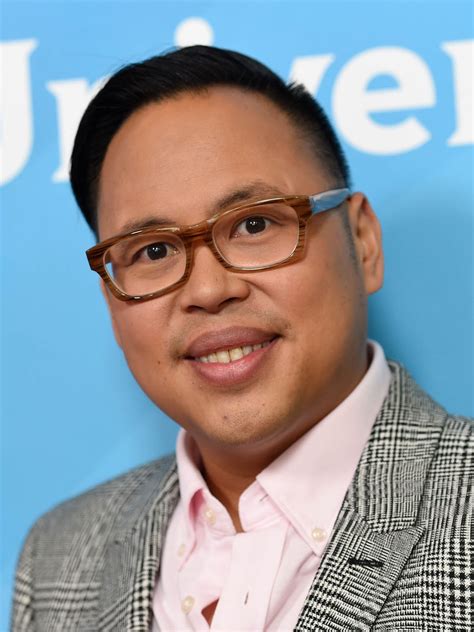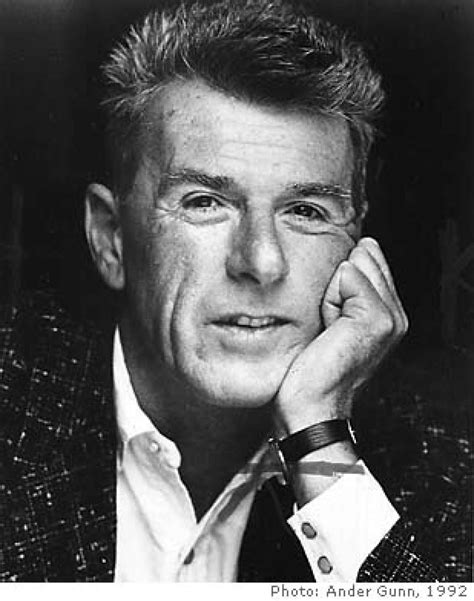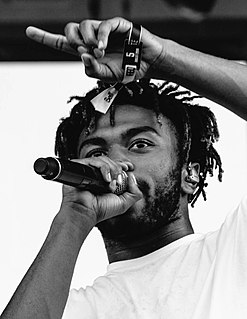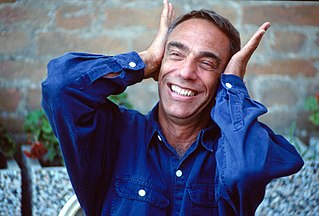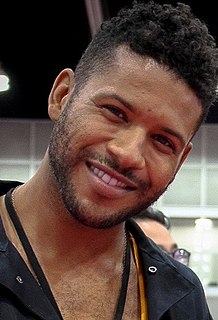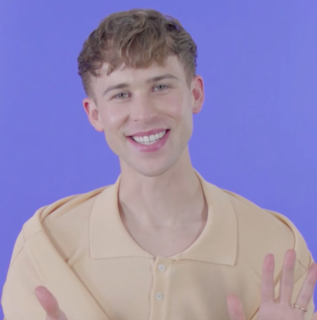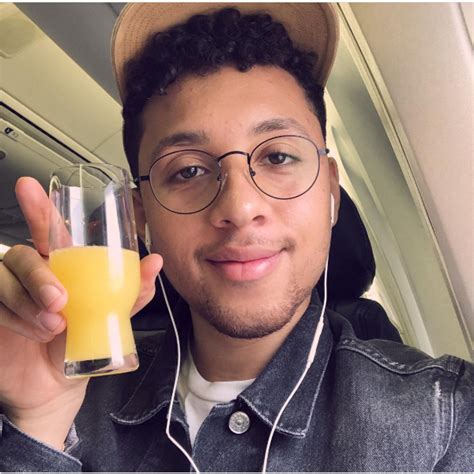A Quote by Patrisse Cullors
I read everything and anything related to being queer. I found solace in reading authors like Audre Lorde and bell hooks, who would become my activist staples - their words helped me grow up and taught me how to be bold and courageous. By studying them, I came to understand that being young and queer and black would not be easy.
Related Quotes
A lot of artists I like end up being queer. Or maybe it's a subconscious thing that you can identify of, like, 'Oh this person understands the nuances of the romantic narrative of a queer person, or the social narrative of a queer person.' And then you discover, lo and behold that they are a queer person.
I grew up in the midst of poverty but every black kid that I knew could read and write. We have to talk about the fact that we cannot educate for critical consciousness if we have a group of people who cannot access Fanon, Cabral, or Audre Lorde because they can’t read or write. How did Malcolm X radicalize his consciousness? He did it through books. If you deprive working-class and poor black people of access to reading and writing, you are making them that much farther removed from being a class that can engage in revolutionary resistance.
I am pansexual as I actually remember also being attracted to women as well and thinking that maybe this like, thing where I was attracted to men was just like some weird phase or if it was something I could just ignore. My mom is queer and I have a queer uncle. So, I wasn't completely, you know, shielded from queer representation.
People often ask me why I choose to primarily play queer characters, and my answer is that as a queer man, I choose to align myself with projects in which I can be of service for a purpose greater than myself: to be for an audience of queer people of color, something I didn't have the privilege of seeing as a young man.



